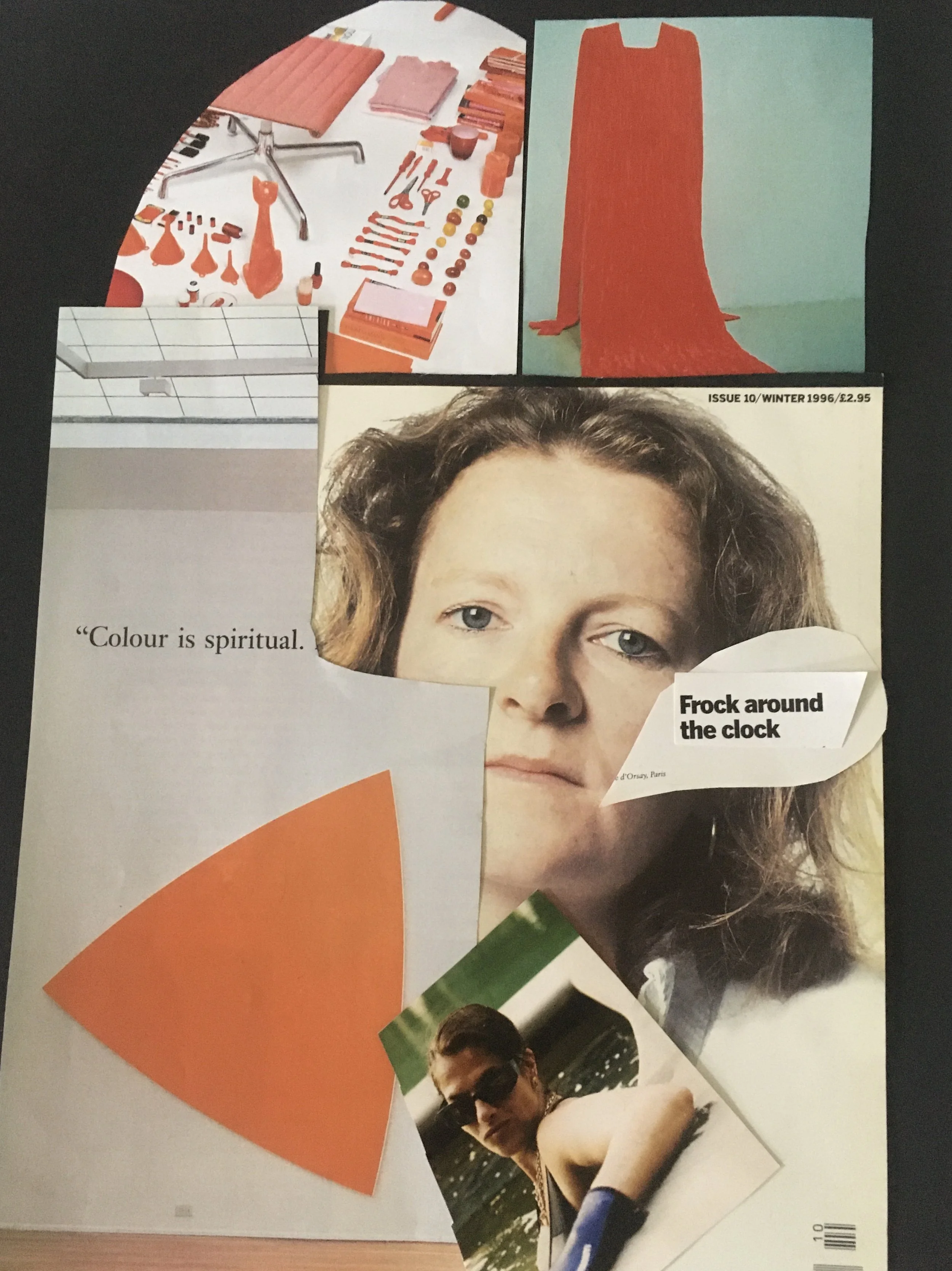Talking About Time - Alison Clark
‘I want my time back’. Poster from 24/7 exhibition, Somerset House, 2019-2020
The language we use to talk about time impacts on how we experience time. Words can also convey values. So when a parent or teacher or politician says 'that’s a waste of time' it signals what type of child or citizen or activities would be acceptable. It has a moral judgement. Words about time can be used to control us and take time from us.
In the months before the Pandemic I visited the “24/7: a wake up call for the non-stop world’ exhibition in Somerset House, London. It placed the relationship with time centre stage. Marcus Coates’ installation ‘Self portrait as time’, 2016 dominated one of the galleries with a video close up of a huge wristwatch filmed on a 12 hour continuous loop in which the artist follows the second hand with his finger as if to control time. One of the posters declared: ‘I want my time back.
I’m interested in how searching for alternative words and understandings about time can help us regain more control of time and a sense of balance. One of the words I’ve found is ‘timefullness’. This word takes a long view of time. John Swinton, a theologian talks about timefullness in his book ‘Becoming friends of time’ acknowledging how people each have a pace and rhythm that may be different from clock time. The geologist Marcia Bjornerud also refers to timefullness, taking the long view about how the planet was formed and our relationship with the earth. Theology and Geology are just two of the disciplines to challenge an obsession with the short term. Timefullness for me is about an attempt to live more in a less hurried present, one in which time can be rich with possibilities, rather than borrowed, wasted or lost.
Frock around the clock’. Collage. Alison Clark 2018.
Jenny Odell offers another alternative concept for thinking about time in her book:
'Saving time: discovering a life beyond the clock'. She describes being in a botanical garden that has a huge range of different spaces- from formal to open that invite a range of movement, from fast to slow. People can linger, revisit or pass quickly through. Odell asks what if we used the verb 'to garden time'. I love that idea as it suggests an active relationship that we can work on. It may require patience, seeking the slower moments but also recognising times when life moves to a different rhythm.
If you were able to ‘garden time’ what would you create?
Alison Clark is an artist and academic. Her book ‘Slow knowledge and the unhurried child’ was published by Routledge in 2023. Blog: https://alisonclarkinthemaking.wordpress.com/2020/03/24/slow-knowledge-and-the-unhurried-child/

